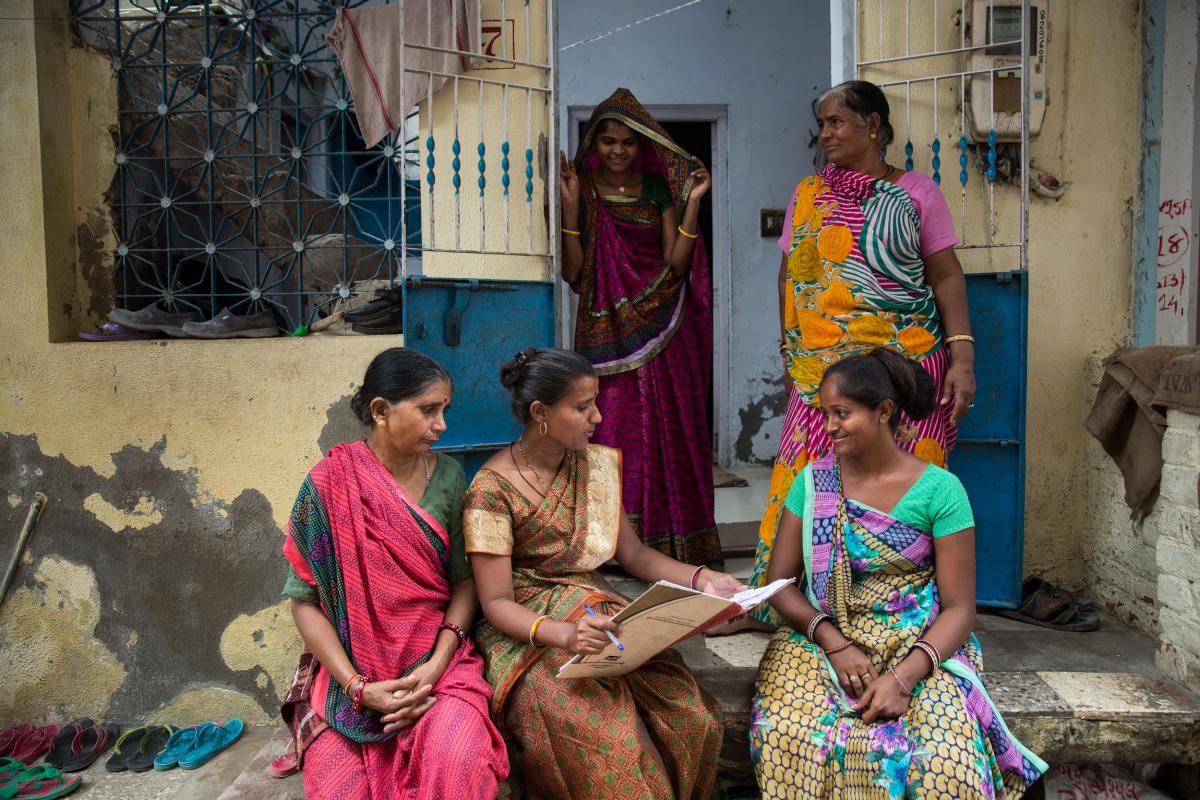
Between December 2017 and January 2018, 13 private health facilities and clinics in Uttar Pradesh’s Sultanpur district began providing free family planning counseling and services on one day every month. The services include provision of intrauterine devices (IUDs), condoms, and oral contraceptive pills. Private health facilities and clinics typically provide these services at a cost to clients.
Sultanpur district has a high total fertility rate of 3.0[1], and poor family planning indicators, with an unmet need for modern contraception of 23%, and modern contraceptive method use around 24%[2]. Nearly one million women of reproductive age live in the district.
During an AFP SMART facilitation in July 2017 led by Advance Family Planning (AFP) local partner Population Foundation of India, the Sultanpur District Working Group identified lack of qualified service providers in the public sector as a major challenge. The group discussed involving the Indian Medical Association (IMA) in the district’s family planning program to fill provider gaps. IMA is a national professional organization of physicians who provide Western medical services in India; the president of the IMA’s local chapter is also an active member of the working group.
As a result, the IMA president agreed to provide free services on a monthly, fixed-day basis in private facilities by IMA-registered providers. The district working group then developed an advocacy and implementation plan, which was approved by the Sultanpur Chief Medical Officer (CMO) in August 2017.
After the approval, the district working group members, along with the IMA president and vice-president, mapped the total number of private health facilities registered as active members of IMA. Out of a total of 40 identified facilities, only 13 were found to be currently providing maternal health care and family planning services through trained and certified gynecologists.
In October 2017, the IMA president and local government officials discussed provision of free services with providers from the 13 facilities. The providers agreed to deliver the monthly free days if the district ensured provision of commodities to their facilities. The CMO agreed.
In a subsequent meeting in November 2017, the district working group members and private providers developed a monthly reporting format and logistics tool for facilities to track and report on use of government commodities. The CMO approved the format and issued a letter to the IMA president to begin providing services on 9th of every month.
Eight facilities initiated service provision in December 2017, and the remaining five in January 2018. A total 218 clients have received free counseling services since then, out of which 20 clients opted for and received IUD services, 58 opted for condoms and 37 clients opted for oral contraceptive pills.
Next, the working group will advocate with these private providers to become accredited under the government health system so they can receive government benefits. Once accredited, they will also become eligible to provide free sterilization services, expanding the number of providers offering a full range of contraceptive services. At the same time, the district working group will advocate with the CMO to expedite the accreditation.
1 Annual Health Survey, India. 2012 – 13.
2 National Family Health Survey – 4, India. 2015-16.

